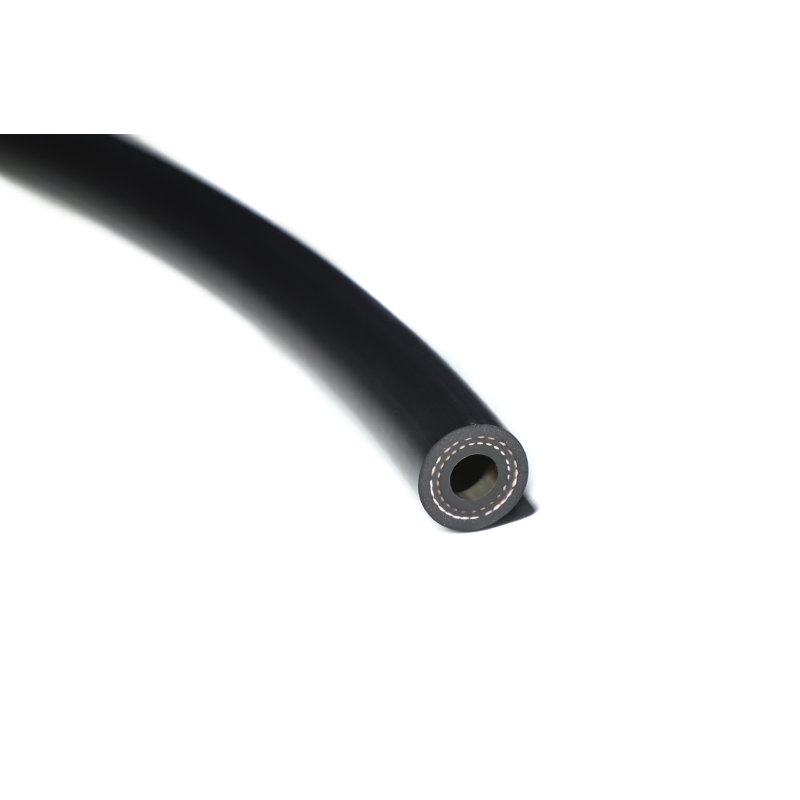Understanding the Importance of Bulk Brake Lines in Automotive Performance and Safety Systems
ágú . 13, 2024 13:12 Back to list
Understanding the Importance of Bulk Brake Lines in Automotive Performance and Safety Systems
Understanding Bulk Brake Lines Vital Components for Safe Vehicle Operation
In the world of automotive engineering, safety is paramount. One crucial element that ensures the safe operation of vehicles is the brake system. Among the significant components of this system are the bulk brake lines. Understanding the role and importance of bulk brake lines is essential for both automotive professionals and vehicle owners.
What are Bulk Brake Lines?
Bulk brake lines are high-strength tubing systems designed specifically to transport brake fluid from the master cylinder to the wheel cylinders or brake calipers. These lines play a vital role in the hydraulic brake system, where they operate by transmitting pressure generated during braking. By utilizing hydraulic fluid, the brake lines allow for efficient force transfer, ensuring that the vehicle can come to a complete stop when necessary.
Types of Brake Lines
There are primarily two types of bulk brake lines steel and flexible rubber brake lines. Steel brake lines offer durability and strength. They are resistant to damage from environmental factors and wear over time, making them suitable for the high-pressure demands of the braking system. However, steel lines can be more challenging to install due to their rigidity.
On the other hand, flexible rubber brake lines serve as connectors between rigid steel tubing and the brake calipers or wheel cylinders. They allow for movement as the vehicle suspension travels, accommodating the dynamics of driving. While rubber lines are more susceptible to wear and can degrade over time, they are crucial for maintaining the proper functioning of the brake system.
Why are Bulk Brake Lines Important?
bulk brake line

The integrity of bulk brake lines is critical for vehicle safety. Any damage or wear in these lines can lead to brake fluid leaks, resulting in a loss of hydraulic pressure and, ultimately, brake failure. Regular inspections of brake lines are essential to ensure that there are no signs of corrosion, cracking, or leaks.
Moreover, the choice of materials for brake lines impacts braking performance. High-quality materials can withstand the high pressures generated during braking, providing reliable performance. Conversely, subpar materials can compromise the entire braking system, leading to dangerous situations on the road.
Maintenance and Care
To ensure the longevity and effectiveness of bulk brake lines, vehicle owners should adhere to a few maintenance practices. Regularly checking for signs of wear and tear can prevent severe issues down the road. This includes inspecting the lines for leaks, corrosion, or any signs of damage.
In addition, it is advisable to replace brake fluid at recommended intervals, as old fluid can become contaminated and affect brake performance. A complete brake system inspection, including testing the lines for integrity and pressure, is a wise course of action, particularly before long trips or during routine vehicle servicing.
Conclusion
In conclusion, bulk brake lines are indispensable components of a vehicle's braking system. Their primary function of transporting brake fluid efficiently is critical for ensuring that a vehicle can stop reliably when needed. Understanding their types, importance, and maintenance can empower both mechanics and car owners to take proactive measures in vehicle safety. By prioritizing the care of brake lines, drivers can enjoy safer journeys and contribute to the overall effectiveness of their vehicle’s braking system. Ultimately, investing time and effort into the proper maintenance of these lines can mean the difference between a safe trip and a potentially hazardous situation on the road.
